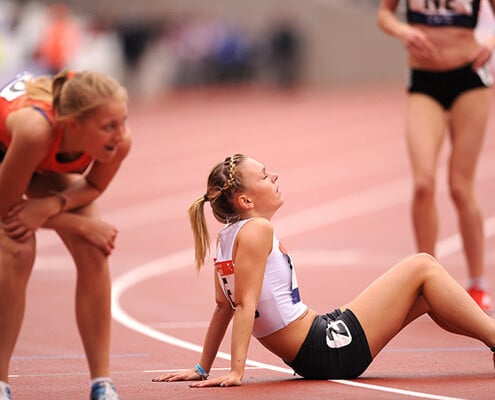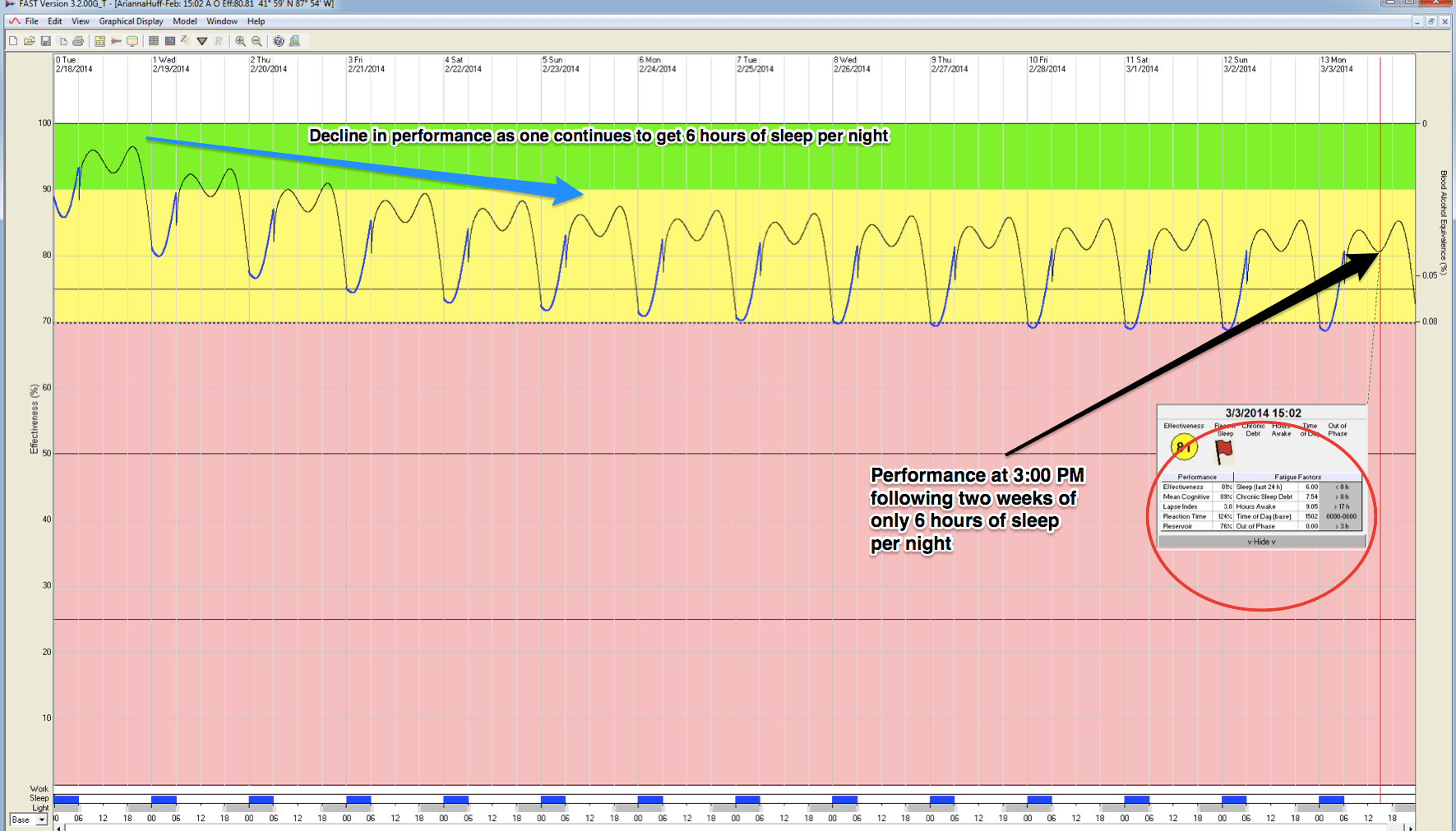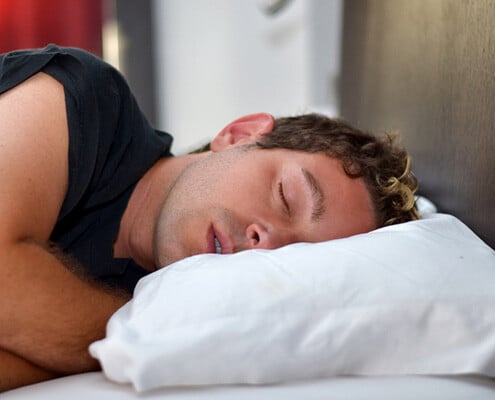We know that how much you sleep and how long you sleep has a measured impact on human health, safety and performance. Sufficient sleep is defined as 7-9 hours, but there are no shortage of reports available which demonstrate that the average adult is not getting enough. Barriers to sleep can be numerous – lifestyle, environmental or health related.
If you are concerned you are not getting enough sleep because of a possible sleep disorder, the first step is measuring your sleep activity. Currently, the most valid form of measuring sleep is in a clinical sleep lab environment using polysomnography (PSG). This test involves spending the night in a lab, with dozens of sensors and wires hooked up to your face and body. It’s certainly not the most ideal sleep environment, but because the test can actually measure brain waves and other functions while you are dozing, it is highly accurate in diagnosing sleep disorders.
For those looking to understand how much sleep they are getting on a nightly basis from the comforts of home, there are now a number of smartphone applications available in the market that claim to measure individual sleep. Sounds convenient, but what kind of data are you getting in return for your 99 cents?
A study in the Journal of Physiological Measurement published this year looked at the variety of smartphone sleep-screening applications available for Android and Apple platforms which claim to monitor sleep activity: “The recent increase in adoption of smartphones, with high quality on-board sensors has led to the proliferation of many sleep screening applications running on the phone.”
The study, which was conducted through the Department of Engineering Science at the University of Oxford, looked at over 40 smartphone applications including 18 actigraphy-based* applications and concluded that “with the exception of simple questionnaires, no existing sleep-related application available for smartphones is based on scientific evidence.” They determined that the apps provided users with varied results depending on the type of phone, the user’s environment and the phone’s proximity to the patient.
With the growing ‘quantified self movement’ mobile apps are changing the way we live and address our health. Certainly as technology and app development improves we are on our way to seeing them provide more clinically-accurate data, but in the meantime, when it comes to diagnosing your sleep health – consult with your doctor and not your mobile phone.
*The same technology used in our own clinically-validated Readiband which was proven to be 93% accurate when compared with PSG technology.




